Did you know that fruits and vegetables can be a surprising source of vitamin B12? When we think of vitamin B12, animal-based foods like meat and dairy products usually come to mind. However, there are certain fruits and vegetables that contain this vital nutrient, making them excellent choices for individuals looking to increase their vitamin B12 intake. Let’s dive into my top picks and explore the benefits of incorporating these vitamin B12-rich foods into your diet.
Key Takeaways:
- While vitamin B12 is primarily found in animal-based foods, some fruits and vegetables are surprisingly good sources of this nutrient.
- Including vitamin B12-rich fruits and vegetables in your diet can provide numerous health benefits, including increased energy, improved memory, and support for heart health and bone health.
- Fortified plant-based foods like cereals, plant-based milk, and nutritional yeast can also contribute to your vitamin B12 intake.
- It’s important to monitor your vitamin B12 levels and consult with a healthcare professional to ensure you’re meeting your nutritional needs.
- Consider incorporating a variety of vitamin B12-rich foods into your diet or taking a vitamin B12 supplement if necessary.
The Importance of Vitamin B12
Vitamin B12 is an essential nutrient that plays a vital role in various physiological functions. It is involved in the development of brain and nerve cells, the formation of DNA and red blood cells, and the metabolism of cells.
A deficiency in vitamin B12 can lead to symptoms such as fatigue, weakness, and megaloblastic anemia.
Getting adequate intake of vitamin B12 through food sources or supplements is crucial for maintaining optimal health.
The Benefits of Vitamin B12
Vitamin B12 offers a myriad of health benefits. Here are some key advantages:
- Improved energy levels: Vitamin B12 plays a significant role in energy metabolism and can help combat fatigue.
- Enhanced brain function: The nutrient is essential for brain health, supporting cognitive function and memory.
- Promotion of red blood cell production: Vitamin B12 is necessary for the formation of healthy red blood cells, aiding in oxygen transportation throughout the body.
- Support for heart health: Adequate levels of vitamin B12 contribute to a healthy cardiovascular system and help reduce the risk of heart disease.
- Optimal nerve function: The nutrient plays a crucial role in maintaining healthy nerve cells and the proper functioning of the nervous system.
- Prevention of megaloblastic anemia: Vitamin B12 helps prevent a type of anemia characterized by the production of large, inefficient red blood cells.
Recognizing Vitamin B12 Deficiency Symptoms
It is important to be aware of the symptoms of vitamin B12 deficiency, as early detection can help prevent potential health complications. Common signs of deficiency include:
- Chronic fatigue and weakness
- Pale or jaundiced skin
- Tingling or numbness in the hands and feet
- Memory problems and difficulty concentrating
- Mood disturbances, such as depression or irritability
- Shortness of breath and dizziness
If you experience any of these symptoms, it is recommended to consult with a healthcare professional for proper diagnosis and treatment.
Food Sources of Vitamin B12
| Food Source | Vitamin B12 Content (per 100g) |
|---|---|
| Liver | 80.9μg |
| Clams | 84.1μg |
| Fatty Fish (such as mackerel and salmon) | 19.0μg |
| Beef | 3.7μg |
| Fortified cereals | 1.5-2.5μg |
| Plant-based milk (such as soy milk) | 0.5-1.5μg |
| Nutritional yeast | 2.4μg |
While animal-based foods like liver, clams, fatty fish, and beef are rich sources of vitamin B12, fortified plant-based foods like cereals, plant-based milk, and nutritional yeast can also contribute to your daily intake.
Vitamin B12 in Animal-Based Foods
Vitamin B12 is primarily found in animal-based foods, which makes them excellent sources of this essential nutrient. Incorporating these foods into your diet can help ensure an adequate intake of vitamin B12, supporting your overall health and well-being.
Top Vitamin B12 Rich Foods:
- Liver
- Clams
- Fatty fish (such as mackerel and salmon)
- Beef
These foods are not only delicious but also provide a significant amount of vitamin B12. Including them in your meals can help meet your daily requirements and support optimal vitamin B12 levels.
If you’re looking for a variety of vitamin B12-rich foods, try incorporating liver, clams, fatty fish, or beef into your meals. They can be prepared in various delicious ways, catering to different tastes and cooking preferences.
“Liver is an excellent source of vitamin B12 and provides numerous health benefits. It is packed with nutrients and can be enjoyed in various recipes. Try including liver in your diet to boost your vitamin B12 intake while enjoying its unique flavor.”
The image above showcases a variety of vitamin B12-rich animal-based foods. These foods can be easily incorporated into your meals to help meet your vitamin B12 needs.
Remember, a balanced diet that includes a variety of foods is important for overall health. By incorporating vitamin B12-rich animal-based foods, you can ensure you’re getting this essential nutrient while enjoying delicious and nutritious meals.
Vitamin B12 in Plant-Based Foods
While plant-based foods are generally not high in vitamin B12, some fortified plant-based foods can be a source of this nutrient. It is important for individuals following a plant-based diet to pay attention to their vitamin B12 intake and consider adding these fortified foods to their diet or taking a vitamin B12 supplement to ensure they meet their nutritional needs.
Fortified Plant-Based Foods Rich in Vitamin B12
| Food | Amount of Vitamin B12 (per serving) |
|---|---|
| Fortified cereals | Varies, typically around 2.4 mcg |
| Plant-based milk (e.g., soy milk) | Varies, typically around 1.2 mcg |
| Nutritional yeast | Varies, typically around 2.4 mcg |
Fortified cereals, plant-based milk (such as soy milk), and nutritional yeast are commonly fortified with vitamin B12. These fortified foods can be a convenient way for plant-based individuals to supplement their vitamin B12 intake. It is important to check the nutrition labels of these products to determine the specific amount of vitamin B12 they provide per serving.
Vitamin B12 in Dry Fruits
While animal-based foods are the primary sources of vitamin B12, certain dry fruits can also provide small amounts of this essential nutrient. Dry fruits like almonds and peanuts contain trace amounts of vitamin B12, although they may not significantly contribute to your daily intake.
If you’re looking to boost your vitamin B12 levels, it is advisable to focus on other food sources or consider vitamin B12 supplements to ensure an adequate intake. Incorporating a variety of vitamin B12-rich fruits and vegetables into your diet can help support your overall health and well-being.
Vitamin B12 Content in Dry Fruits
| Dry Fruit | Vitamin B12 Content (per 100g) |
|---|---|
| Almonds | 0.0 mcg |
| Peanuts | 0.0 mcg |
| Raisins | 0.0 mcg |
| Apricots | 0.0 mcg |
| Prunes | 0.0 mcg |
In conclusion, although dry fruits can provide some nutritional benefits, relying solely on them for vitamin B12 may not be sufficient. It is important to include a diverse range of vitamin B12-rich foods in your diet and consult with a healthcare professional to ensure you meet your nutritional needs.
Vitamin B12 in Specific Fruits and Vegetables
While animal-based foods are the primary sources of vitamin B12, there are certain fruits and vegetables that also contain this essential nutrient, albeit in smaller amounts. Including a variety of these foods in your diet can contribute to your overall vitamin B12 intake and help maintain optimal health.
Here are some examples of fruits and vegetables that contain vitamin B12:
| Fruits | Vegetables |
|---|---|
| Alfalfa | Mushrooms |
| Apples | Potatoes |
| Bananas | Blueberries |
While the vitamin B12 content in these fruits and vegetables may be lower compared to animal-based sources, they still provide some contribution to your overall intake. Including a variety of fruits and vegetables in your diet not only helps increase your vitamin B12 intake but also provides other essential nutrients for your overall well-being.
Health Benefits of Vitamin B12
Vitamin B12 offers numerous health benefits that are essential for maintaining overall well-being. It plays a crucial role in various physiological functions, making it a vital nutrient for optimal health.
Prevention of Megaloblastic Anemia
Vitamin B12 helps prevent megaloblastic anemia, a condition characterized by the production of large, immature red blood cells. Adequate levels of vitamin B12 support the production of healthy red blood cells, ensuring proper oxygen delivery throughout the body.
Promotes Healthy Skin and Hair
Vitamin B12 is essential for maintaining healthy skin and hair. It supports cell reproduction and renewal, contributing to the health and appearance of the skin. Additionally, vitamin B12 promotes hair growth and helps prevent hair loss.
Supports Brain and Neural Development
One of the key functions of vitamin B12 is its role in brain and neural development. It is involved in the formation of myelin, a protective layer around nerves that enhances their function. Adequate levels of vitamin B12 support cognitive function, memory, and overall brain health.
Aids in Bone Health and Eye Health
Vitamin B12 is crucial for maintaining strong and healthy bones. It aids in bone mineralization and the prevention of osteoporosis, a condition characterized by weakened bones. Additionally, vitamin B12 supports eye health, helping to reduce the risk of macular degeneration and maintaining optimal vision.
Heart Health and Cognitive Function
Adequate levels of vitamin B12 are important for maintaining heart health. It helps reduce homocysteine levels, a compound that can increase the risk of heart disease. Additionally, vitamin B12 plays a role in neurotransmitter production, supporting cognitive function and mental clarity.
Prevents Macular Degeneration and Dementia
Research suggests that vitamin B12 may help prevent age-related macular degeneration, a leading cause of vision loss in older adults. Additionally, maintaining sufficient vitamin B12 levels may contribute to a lower risk of dementia and cognitive decline.
Getting enough vitamin B12 is essential for reaping these health benefits and maintaining your overall well-being. Incorporating vitamin B12-rich foods into your diet or considering a vitamin B12 supplement can help ensure optimal levels of this essential nutrient.
Having a balanced diet that includes vitamin B12-rich foods is key to achieving and maintaining optimal health. Regular monitoring of your vitamin B12 levels and consulting with a healthcare professional is recommended to ensure you meet your nutritional needs and enjoy the numerous health benefits that vitamin B12 offers.
Choosing the Right Vitamin B12 Supplement
If it is challenging to incorporate vitamin B12-rich foods into your diet, you may consider taking a vitamin B12 supplement. There are various types of vitamin B12 supplements available, including tablets, capsules, and sublingual (under the tongue) forms. It is important to choose a reputable brand and consult with a healthcare professional to determine the right dosage and form for your specific needs.
| Vitamin B12 Supplement Forms | Pros | Cons |
|---|---|---|
| Tablets | – Convenient and easy to swallow – Wide variety of options |
– May contain additives or fillers – Absorption can be slower |
| Capsules | – Easy to swallow – Absorption can be quicker |
– May contain additives or fillers – Limited options compared to tablets |
| Sublingual | – Absorbed directly into the bloodstream – Fast-acting |
– Can be more expensive – Limited availability |
When choosing a vitamin B12 supplement, look for products that are labeled as “natural” or “methylcobalamin,” as these forms are considered more bioavailable and easily absorbed by the body. Avoid supplements that contain artificial colors, flavors, or unnecessary additives.
“Consulting with a healthcare professional is crucial in determining the right vitamin B12 supplement for your specific needs and ensuring proper dosage.”
Incorporating Vitamin B12 into Your Diet
To ensure an adequate intake of vitamin B12, it is important to incorporate a variety of vitamin B12-rich foods into your diet. Vitamin B12 can be obtained from both animal-based and plant-based sources, allowing for flexibility in dietary choices. Here are some top vitamin B12 foods to consider:
| Animal-Based Foods | Plant-Based Foods |
|---|---|
| Liver | Fortified cereals |
| Clams | Plant-based milk (such as soy milk) |
| Fatty fish (such as mackerel and salmon) | Nutritional yeast |
| Beef |
Additionally, incorporating a variety of fruits and vegetables into your diet can further support your overall health and well-being. While fruits and vegetables may not be the primary sources of vitamin B12, they provide essential vitamins, minerals, and antioxidants that contribute to a balanced and nourishing diet.
Remember to consult with a healthcare professional or registered dietitian to determine your specific vitamin B12 needs and to ensure you are meeting your nutritional requirements. It is important to maintain a well-rounded diet that includes a variety of foods to support your overall health and well-being.
Vitamin B12 and Overall Wellness
Vitamin B12 is an essential nutrient that plays a crucial role in overall wellness. When our bodies lack sufficient vitamin B12, it can lead to various symptoms indicating a deficiency. It is important to be aware of these symptoms to take appropriate action and maintain optimal health.
Vitamin B12 Deficiency Symptoms
- Fatigue: Feeling excessively tired, even after getting adequate rest.
- Weakness: Experiencing a general lack of strength and physical energy.
- Numbness or Tingling: Sensations of numbness or tingling in the hands and feet, also known as neuropathy.
- Memory Problems: Difficulty with memory, concentration, and cognitive function.
- Mood Disturbances: Changes in mood, including depression, irritability, and anxiety.
If you are experiencing one or more of these symptoms and suspect a vitamin B12 deficiency, it is crucial to consult with a healthcare professional. They can perform appropriate tests to confirm the deficiency and guide you towards the necessary steps for treatment.
Regular monitoring of your vitamin B12 levels is essential for maintaining optimal health. This can be done through blood tests, which can determine whether your vitamin B12 levels are within the recommended range. If your levels are found to be low, appropriate supplementation can be prescribed to meet your body’s needs and prevent further complications.
Proactively addressing vitamin B12 deficiency and ensuring optimal levels of this essential nutrient can have significant benefits for your overall well-being. By maintaining healthy vitamin B12 levels, you can experience increased energy levels, improved cognitive function, better mood regulation, and overall enhanced physical and mental health.
Conclusion
In conclusion, vitamin B12 is an essential nutrient that plays a vital role in various physiological functions. It is crucial for brain and nerve cell development, DNA and red blood cell formation, and cell energy metabolism. While vitamin B12 is primarily found in animal-based foods, fortified plant-based foods can also contribute to your intake.
To ensure optimal vitamin B12 levels, it is recommended to include a variety of vitamin B12-rich foods in your diet. This can include liver, clams, fatty fish, beef, fortified cereals, plant-based milk, and nutritional yeast. If it is challenging to get enough vitamin B12 from food alone, considering a vitamin B12 supplement can be beneficial.
Regular monitoring of your vitamin B12 levels and consulting with a healthcare professional is important to maintain optimal health. Vitamin B12 deficiency symptoms, including fatigue, weakness, numbness or tingling in the hands and feet, memory problems, and mood disturbances, should not be ignored. Taking appropriate measures to ensure adequate vitamin B12 intake can support your overall health and well-being.

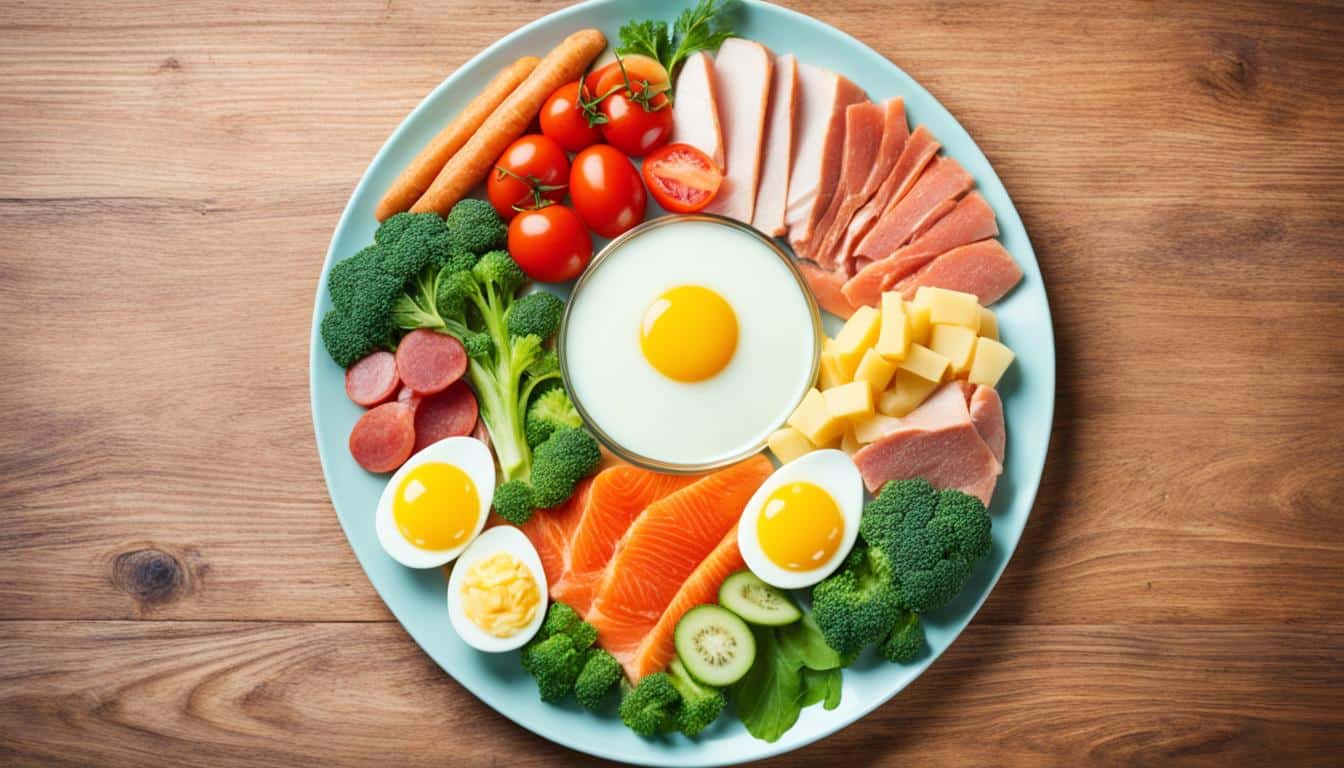
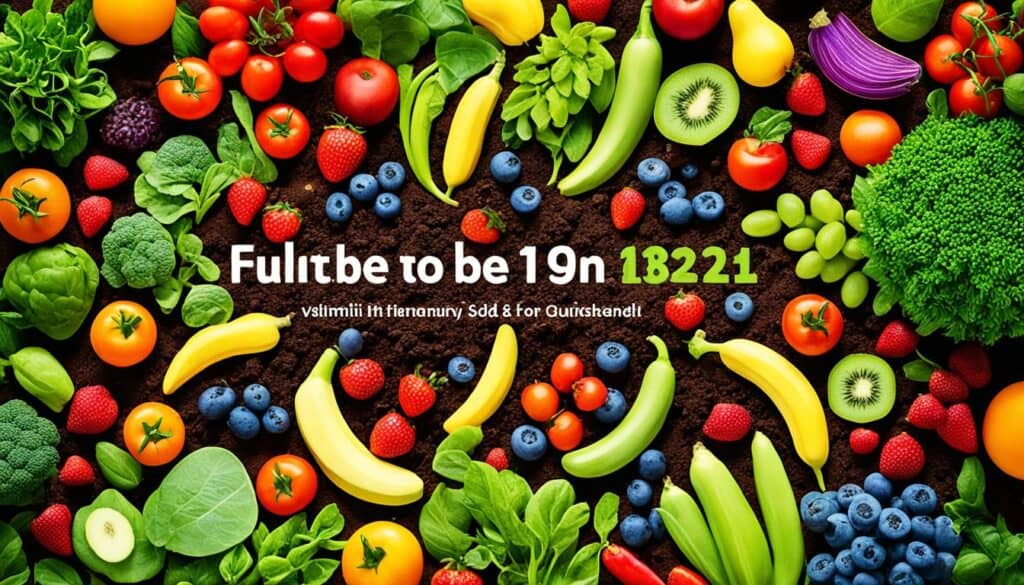
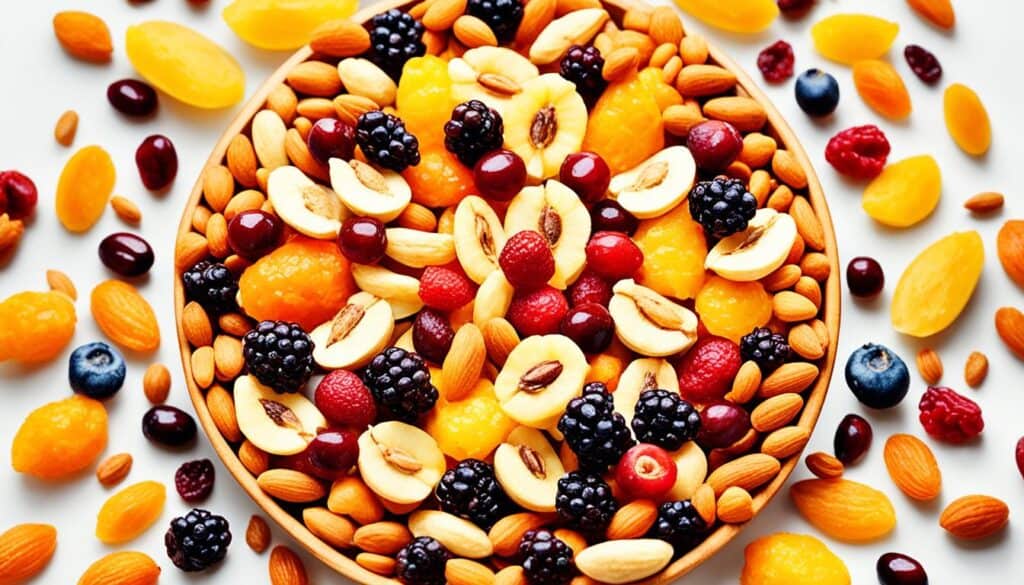
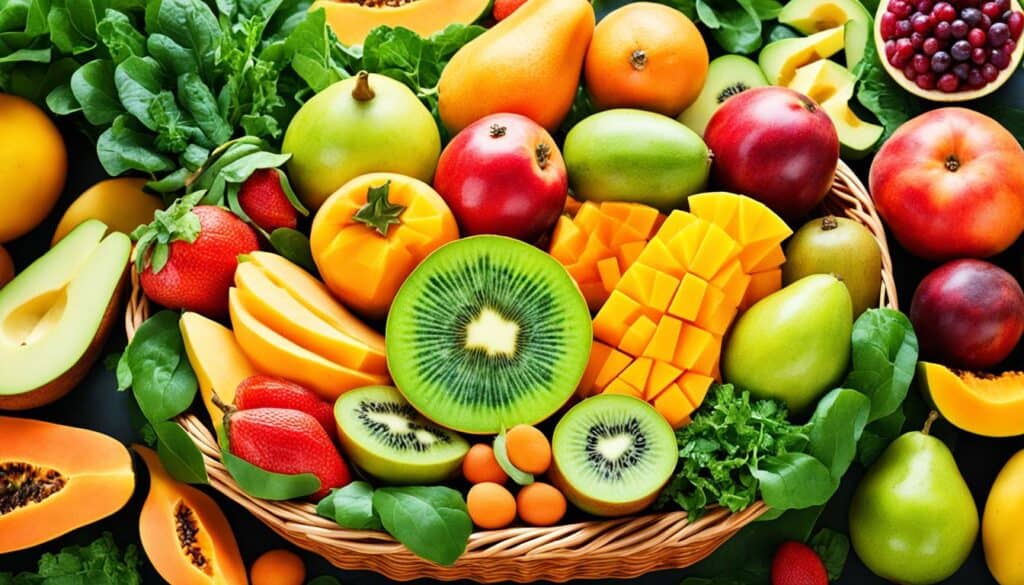
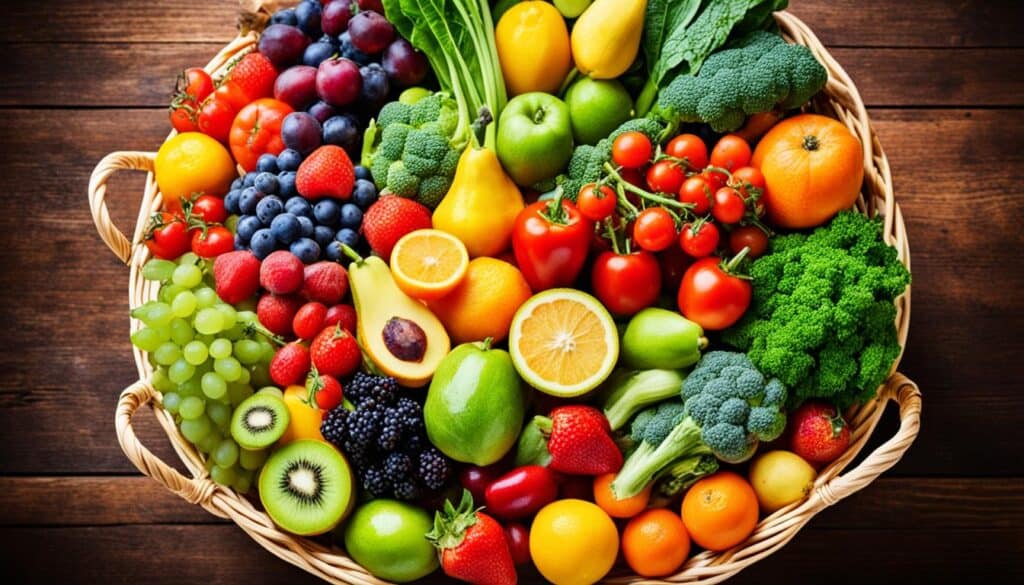
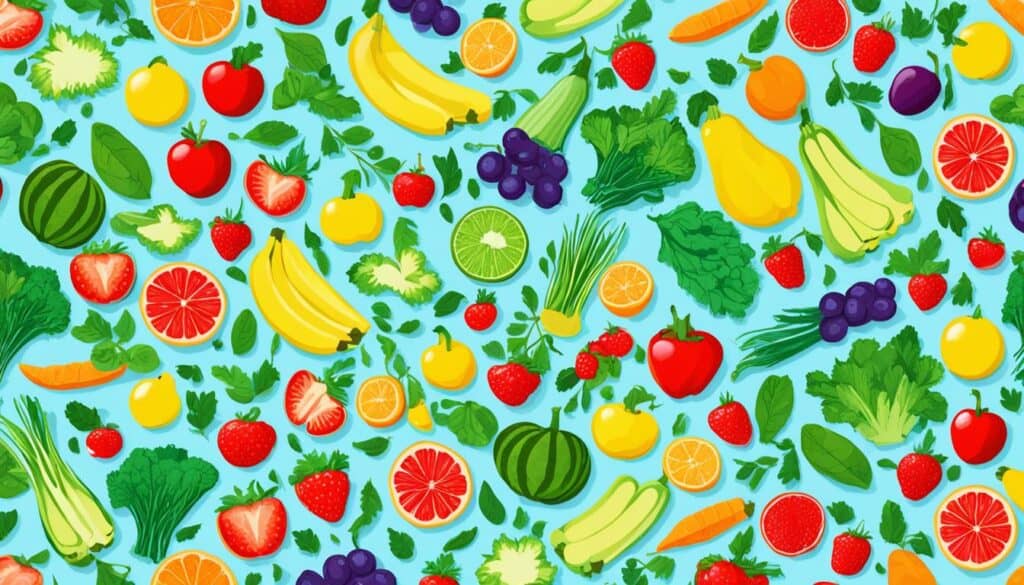



Leave a Reply